Thinking About the Future of the Ocean Together with Student — Environmental Education Volunteer —
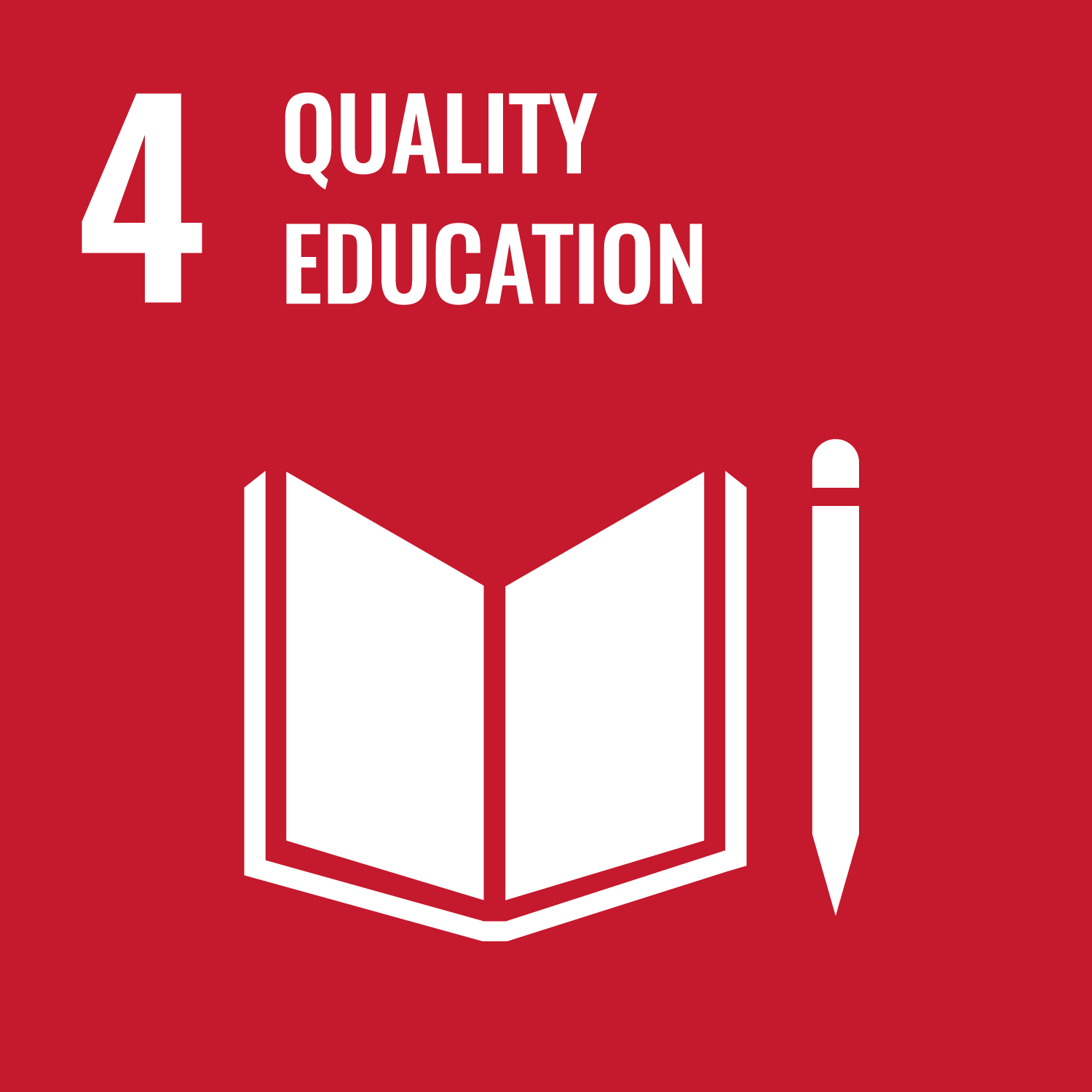
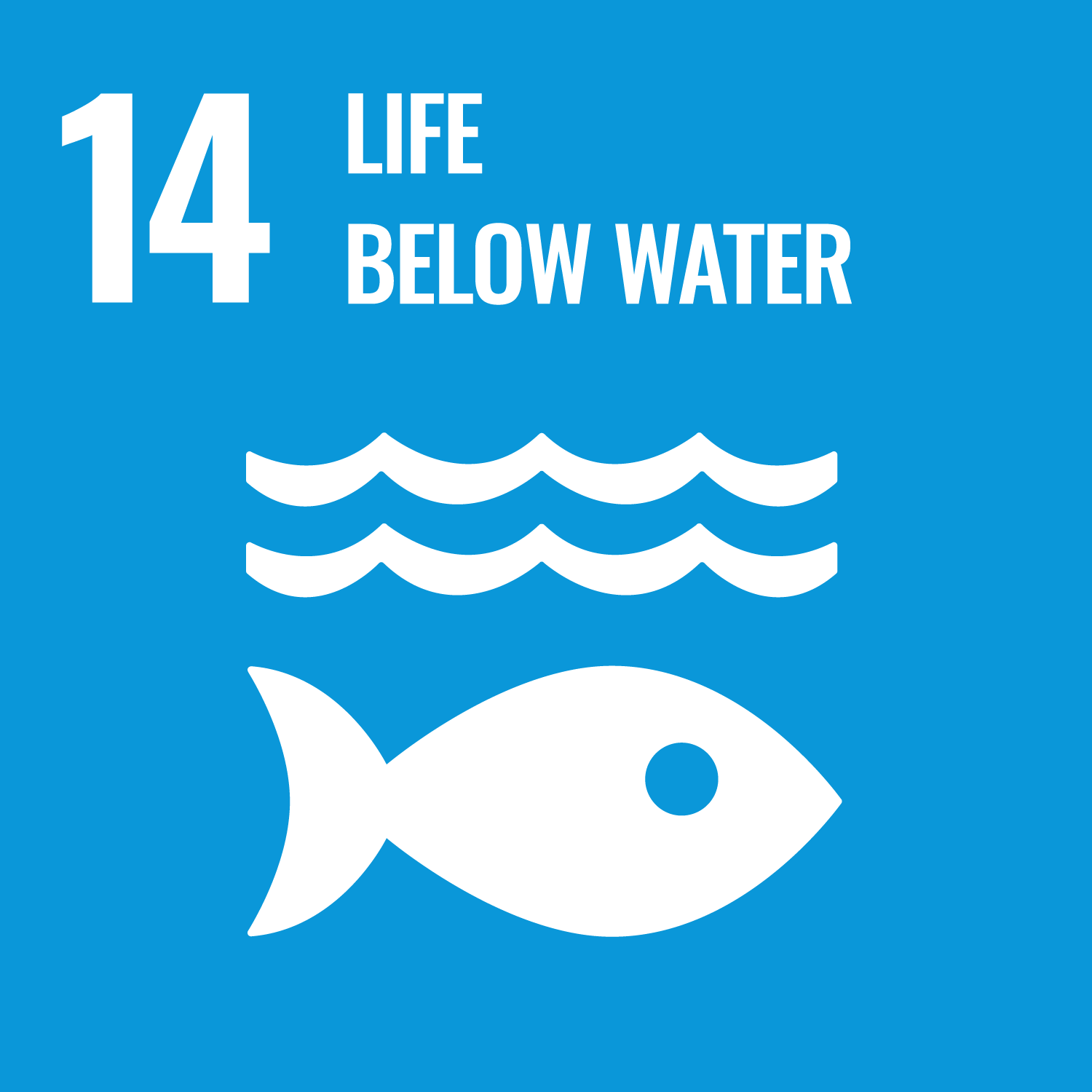
2025.09.08
Alotau, Milne Bay Province - Facing Milne Bay, this town is blessed with beautiful coral reefs and fishes, and is known as one of the world’s top diving spots. Here, JICA Volunteer Mr. Matsumoto (Environmental Education / assigned to Alotau Urban local-level government ) conducted a series of special classes on the theme of “marine litter issues” for Fourth-grade students in Alotau Primary School, who will shape the future of the local community. Through the five lessons, students were given opportunities to think of the ocean environment as their own concern.
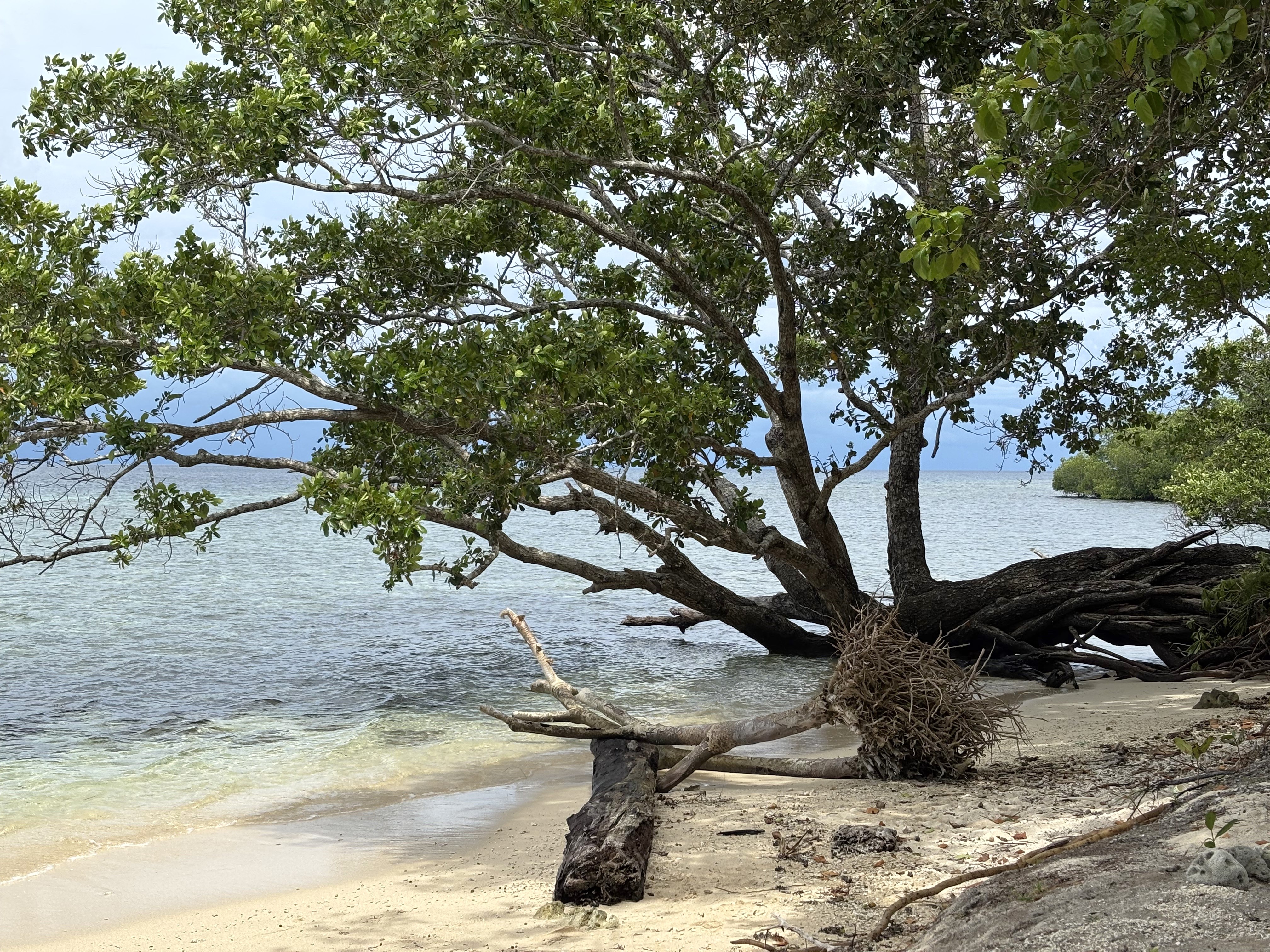
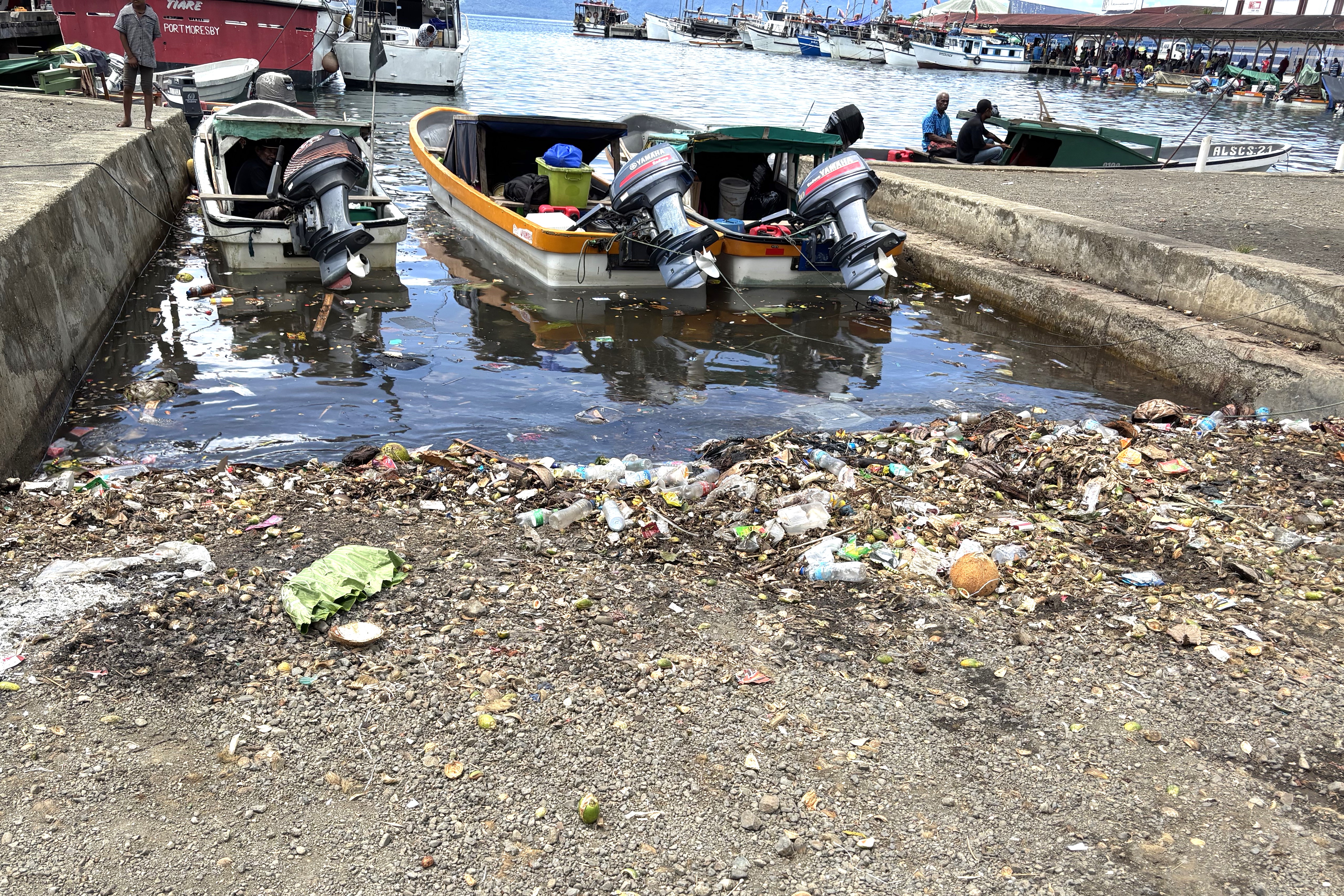
Trash piles up even under the pier where boats pass by.
Five Lessons on Marine Litter — From the Deep Sea to the Shoreline
Lesson 1: Using deep-sea footage provided by Japan Agency for Marine-Earth Science and Technology (JAMSTEC)
, the class was introduced to the fact that even the far depths of the ocean contain litter. Asking, “Do you think people can dive to the deep sea to collect it?” served as a starting point for considering marine litter.
Lesson 2: Students learned how waste flows into the ocean and where it tends to accumulate. By watching underwater videos from Indonesia and taking part in a “Top Litter Found on Beaches” quiz, they deepened their understanding in an enjoyable way.
Lesson 3: Cases of whales and seabirds that lost their lives due to plastic waste were introduced, leading into a discussion on the dangers of microplastics. Children recorded their own reflections in their notebooks.
Lesson 4: An experiment was conducted using sand collected from a local beach to search for microplastics. The students confirmed the presence of microplastics with their own eyes, which deepened their awareness.
Lesson 5: As a review, a short test and essay writing were carried out. In response to the question, “What can we do to stop garbage from flowing into the ocean?”, students came up with unique ideas such as “telling people not to litter,” “picking up trash during parades,” and “using fishing nets to scoop up garbage.”
Children Enjoying the Learning Experience
In the local context, blackboard-centered instruction is the norm, but lessons incorporating videos, quizzes, and experiments felt fresh. Many children participated actively, and some even asked, “When is the next experiment?” showing their excitement and enjoyment of learning.
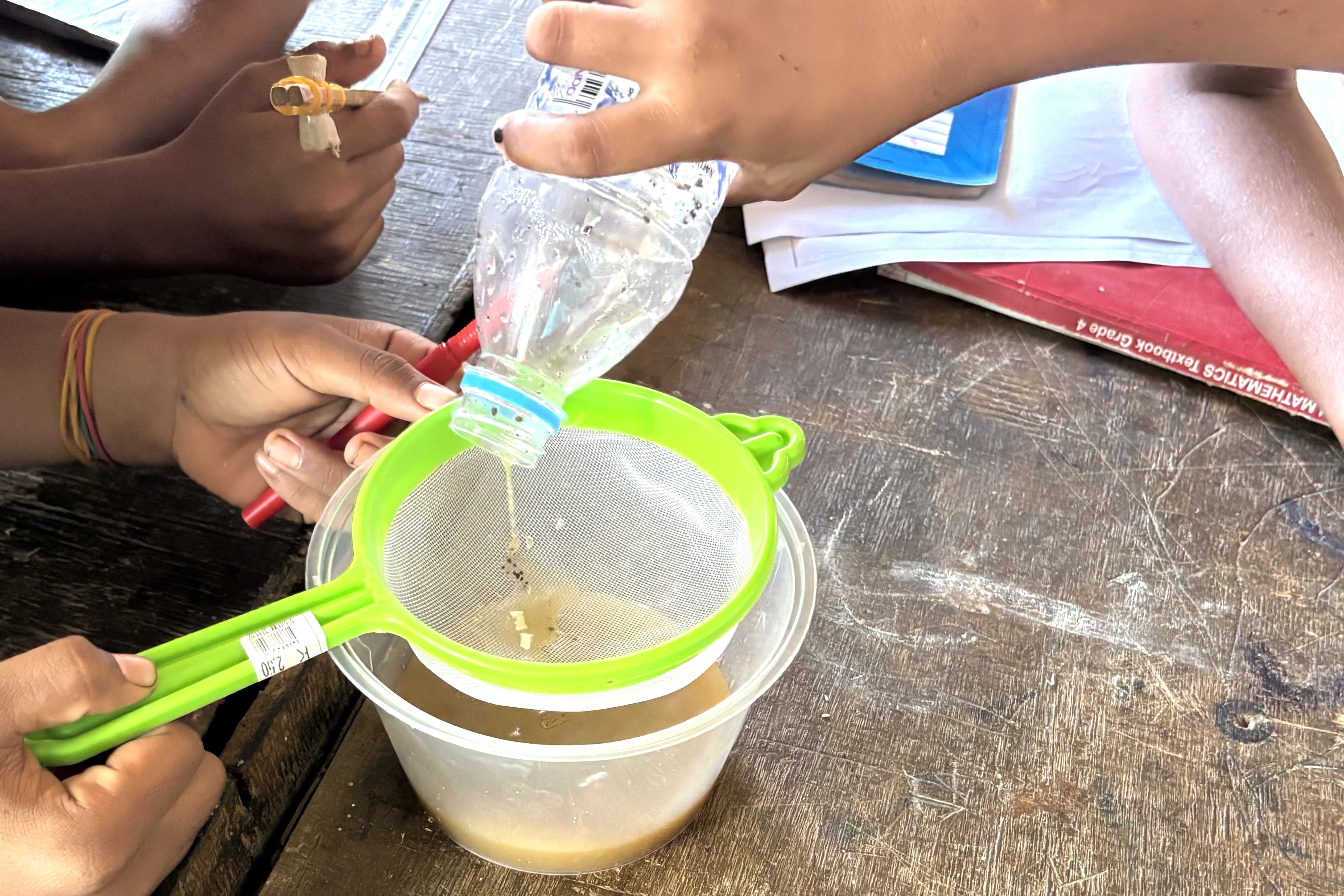
Looking Ahead
This initiative nurtured students’ ability to think proactively. However, opportunities for them to freely express their opinions are still limited. Going forward, incorporating discussions and presentations will be essential to further develop their expressive skills. In addition, for environmental education to be sustained, it is crucial to provide teaching materials and training so that local teachers can conduct similar lessons by themselves. Matsumoto’s activities represent an important first step in promoting community-based environmental education.
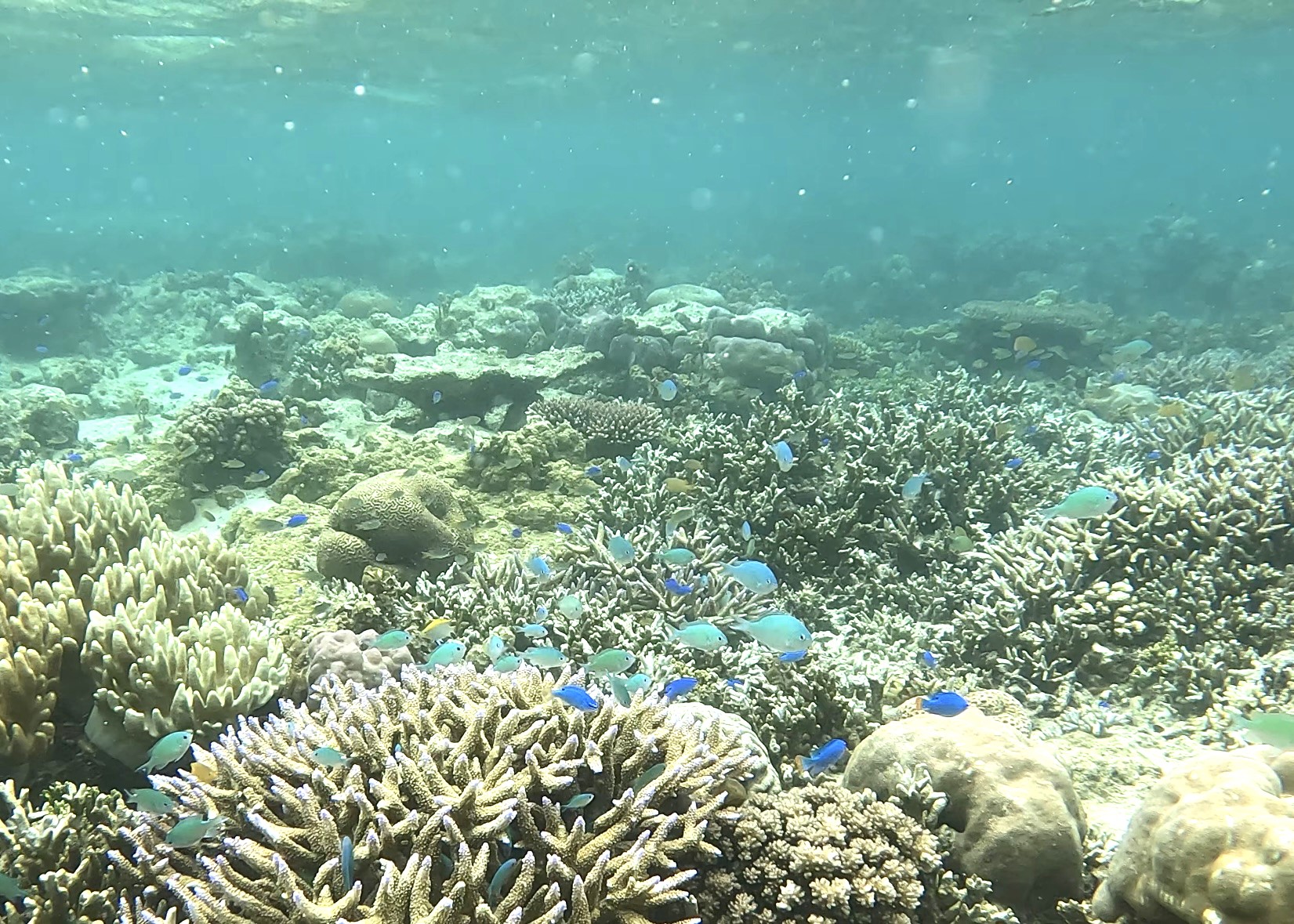
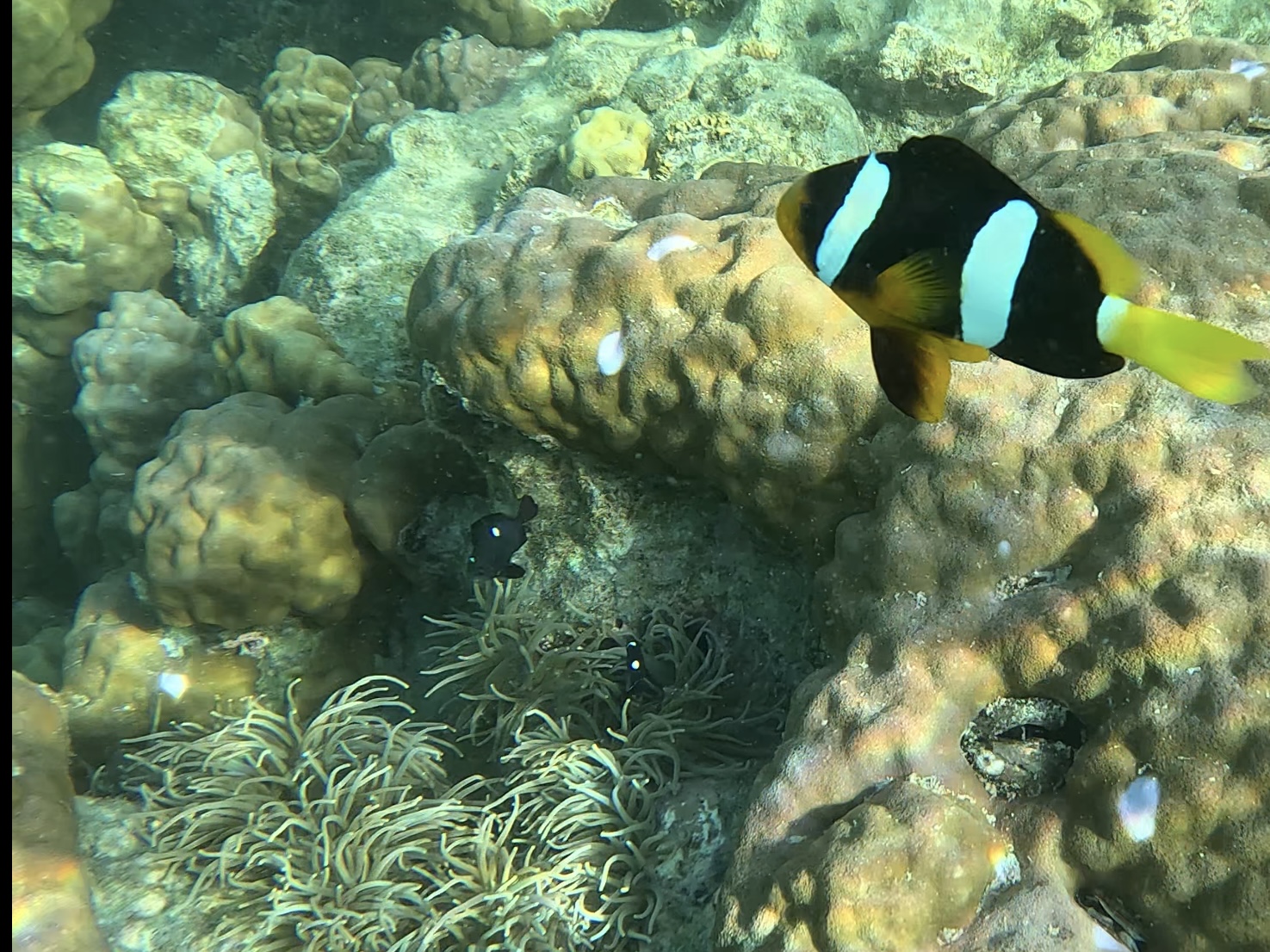
JICA’s environmental volunteers continue to work together with children and local communities to protect Papua New Guinea’s rich natural environment and pass it on to future generations. Such steady efforts are contributing to the expansion of environmental education rooted in local communities and to the promotion of sustainable nature conservation.
Related Link
・Ms. Priscilla hones her skills in Energy Policy through Knowledge Co-Creation Program
・Voices from the Field to International Organizations — JOCV Present Their Educational Activities —
・Gender Awareness Session at JICA PNG Office
Please also visit our Facebook for our latest activities and events news
JICA Facebook Page
scroll